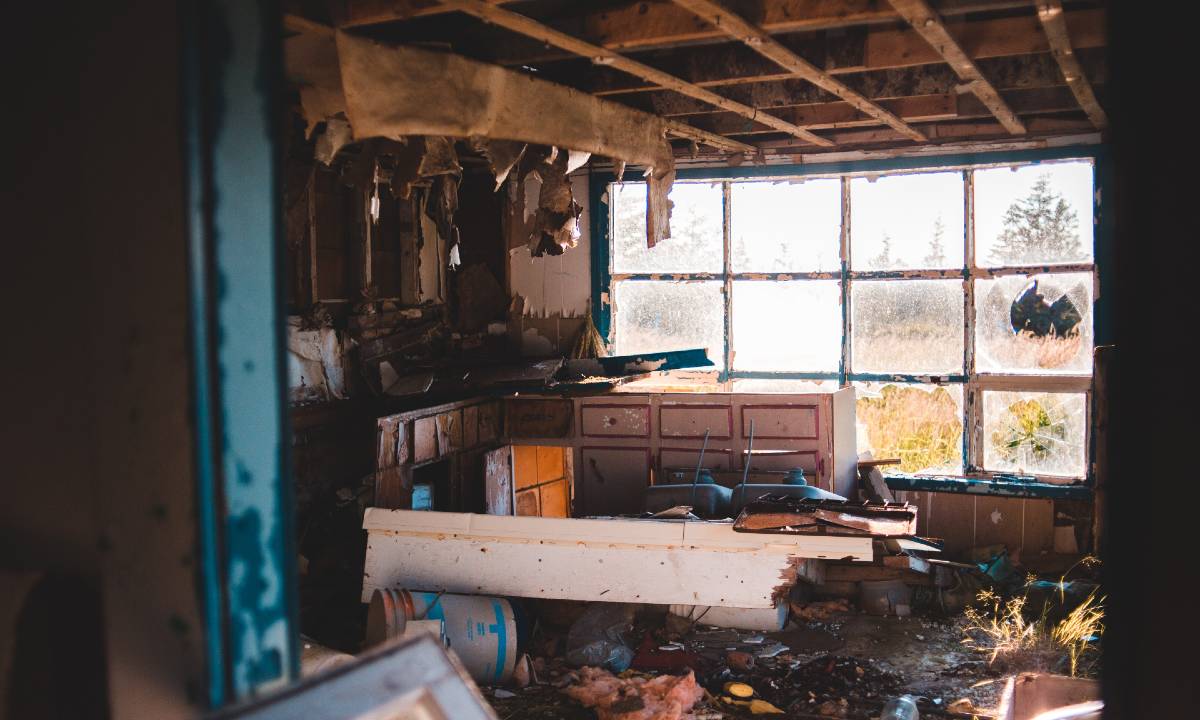![]()

As a landlord, it is important to protect your rental property from tenants who could cause damage or disruption to your asset. Taking the necessary steps to prevent such nightmare scenarios is essential to ensure that you can maximize your return on investment. One of the most important steps you can take is to create a comprehensive tenancy agreement that sets out clear rules and expectations for tenants.
A comprehensive tenancy agreement should include details about how rent payments will be made, any restrictions on pets or smoking, and what constitutes acceptable behavior on the property. Additionally, landlords should also consider other measures such as conducting background checks and requiring security deposits to further protect their rental property from bad tenants.
In the last article, we talked about different ways landlords can protect their rental properties from damage caused by bad tenants, as well as how landlords can prevent nightmare tenants from taking advantage of them through the use of tenancy agreements and other security measures.
However, even with all these preventative measures, there is still a chance that the tenant may damage the property during their stay. Therefore, landlords must know what steps they can take if their rental property was damaged by tenants.
1. Check who caused the damage
The first step is to confirm who caused the damage and how serious the damage is. This will help you determine what kind of action needs to be taken. You can then assess whether or not the tenant should be held liable for any costs associated with repairing or replacing the damaged items.
2. Conduct an official inspection
During the inspection, it is best to bring along a witness, or a professional building inspector for a quotation of repair if the damage is major. Record down the damages you discover by taking photos or videos as it will be important evidence if you need to file a police report on the damage and destruction.
3. Issue a quotation
Issue a quotation to the tenant so that they are aware of the costs associated with repairing or replacing any damaged items. However, if the tenant wishes to seek an independent quote from their contractor, this should be permitted. It is worth noting that if the damage to the property is so substantial that the house is no longer habitable until it is repaired, the landlord can also seek compensation for loss of rental income.
You may wonder what happens if the tenant refuses to pay for damages. This is where the evidence comes in to help with the legal process. Alternatively, the repair cost could be taken from their security deposit, but only if you are 100% sure that the damages were caused by the tenant, and you have discussed this with the tenant upfront.
[Image source: Photo by Erik Mclean from Pexels]

How much housing loan you can get?

How much is your property worth?

Interested in new launch property?

Looking for property for sale or rent?
